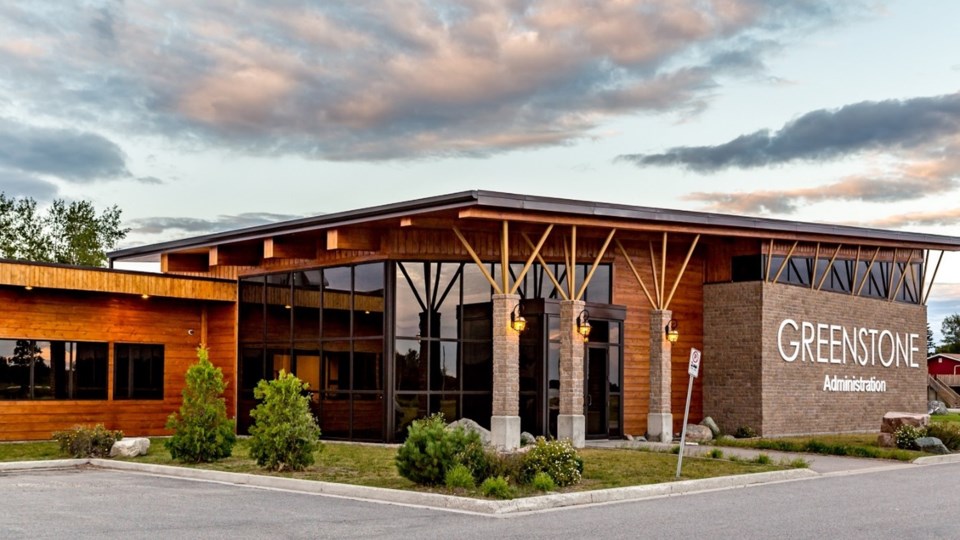GREENSTONE – The municipal accommodation tax report from Greenstone administration was heavily discussed on Monday during the regular council meeting.
Since September, staff have been researching how the municipality can incorporate the tax into their tourism sector at the request of council.
It is typically a three- to five-per-cent fee on patrons that utilize lodging within the community, such as hotels and campgrounds.
This tax is a common revenue stream that Ontario municipalities such as Thunder Bay, Kenora, and Dryden use to boost their reserve funds without putting pressure on the taxpayer.
When discussing the tax, Coun. Eric Pietsch said he was happy to see it was back on the agenda.
“I think it's a great way for us to generate revenue without increasing taxes or water fees or campground fees or anything else like that.
Pietsch said the benefit is that this would not tax their residents, but instead tax people who visit the community.
"We are one of the few communities that don't actually have this yet," he said.
However, not everyone on council was as enthusiastic as Pietsch about Greenstone incorporating the tax.
Coun. Fran Koning feels that the tax might not be the right fit for Greenstone.
Although she admits that other municipalities have found success in using this tax, Greenstone is not like other municipalities. The hard sell will be to get the people to accept it.
We are already one of the most remote areas where people come to visit for a holiday. They pay 13 per cent in taxes already," Koning said.
"I am against anything that discourages tourists from coming here.
“The other thing I'm looking at is that at one time in the nineties, there were 1,700 tourism establishments and I'm talking about tourist resorts - not hotels, motels. That's probably down now to 1,200 because of the downturn in the economy,” Koning said.
She also acknowledged that many of the establishments do not operate within the municipal boundaries, which would mean “they don't have to pay municipal taxes.”
These would be tourist outfitters and people who operate short-term rentals.
“I think that there are a lot of reasons that we have to look at this closely before we approve it. And, I would like to see the response from the accommodation providers. Maybe they are not interested in collecting a tax at all for this reason. For all these reasons, they already have enough to do,” said Koning.
Coun. Elaine Mannisto said she was happy to see the tax report initially. However, after seeing that business owners might feel the brunt of start-up costs for the program, she became concerned.
“I just don't think - at this point in time - it's a good idea for the municipality to put them in a position where they're going to have to buy different computer equipment or whatever to implement a tax that we want to bring in,” Mannisto said.
The report suggests that a potential drawback for council to consider is the tax fees may be at a “market max,” meaning the tax would come from business margins.
However, the report also states that it was doubtful because of the influx of demand for available accommodations since Greenstone Gold Mine began construction.
Coun. Matthew Donovan said he is in favour of the tax, but it has to be done “in the proper way.”
“Especially in the first year if we were to take some of the revenue we expect and aid our local businesses in getting up with it, which would sort of defer our income on it but would help them get used to it,” Donovan said.
Donovan also said he would like to start off the tax at a lower percentage to ensure it isn't an overwhelming change.
“We start it at the lower end and then gauge it up over time. It's the standard now. It's not the exception in not charging it. We are the exception. At the end of the day, we're going to get money here or we're going to get money somewhere else,” he said.
In the end, council decided to accept the report as information and directed the staff to begin researching other northern municipalities use of the tax.
